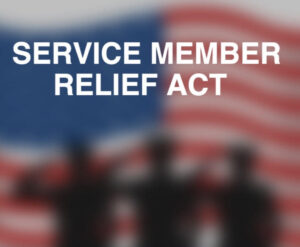
The Servicemembers’ Civil Relief Act (SCRA) is a federal law (50 U.S.C. §§ 3901-4043) that provides a wide range of benefits and protections to those in military service. The SCRA also provides certain benefits and protections to dependents and, in certain instances, to those who co-signed a loan for, or took out a loan with, a servicemember.
In addition to these federal protections, California law provides further protections for military members, veterans and their families.
The SCRA’s benefits and protections include:
- A six (6) percent interest rate cap on financial obligations that were incurred prior to military service,
- The ability to stay civil court proceedings,
- Protections in connection with default judgments,
- Protections in connection with residential (apartment) lease terminations, and
- Protections in connection with evictions, mortgage foreclosures, and installment contracts such as car loans.
The protections against default judgments can be particularly tricky when it comes to settling California divorce actions. This is because a divorce settlement often involves taking one party’s “default.” In a legal action, a party is “defaulted” when that person does not file a response to the initial petition, even though they were placed on notice of the lawsuit by being served with legal process. The court deems the defaulted party to not be participating in the divorce.
Proceeding by default can be a less complicated, and therefore less expensive, alternative when the parties have an agreement to divide their property, share custody of their children, and adequately provide financial support where appropriate. In a sense, the filing of the petition is a mere formality to document the divorcing couple’s agreement to live separately. However, the protections afforded by the SCRA create a minor complication: requiring a military member who is being defaulted to waive his or her rights under the SCRA.
The Judicial Council has a form for this. The Declaration and Conditional Waiver of Rights Under the Servicemembers’ Civil Relief Act of 2003 (Form FL-130A) can be attached to the Appearance, Stipulations and Waivers form (FL-130) for this exact purpose. Furthermore, California courts waive the usual filing fee ($435) when a military member needs to use this form for this purpose.
With respect to fees, to honor the service of military veterans and active duty service members, Dias Law Firm, Inc. will waive the initial consultation fee of $80 for new family law clients who are military veterans or active duty service members through the remainder of 2019. When you call to make an appointment, just let our staff know you are a veteran. When you arrive for the consultation, we will waive the initial consultation fee upon your proof of service, such as an identification card or DD Form 214.
By: David M. Lange
 For the general public
For the general public: This Blog/Web Site is made available by the law firm publisher, Dias Law Firm, Inc., for educational purposes. It provides general information and a general understanding of the law, but does not provide specific legal advice. By using this site, commenting on posts, or sending inquiries through the site or contact email, you confirm that there is no attorney-client relationship between you and the Blog/Web Site publisher. The Blog/Web Site should not be used as a substitute for competent legal advice from a licensed attorney in your jurisdiction.
For attorneys: This Blog/Web Site is informational in nature and is not a substitute for legal research or a consultation on specific matters pertaining to your clients. Due to the dynamic nature of legal doctrines, what might be accurate one day may be inaccurate the next. As such, the contents of this blog must not be relied upon as a basis for arguments to a court or for your advice to clients without, again, further research or a consultation with our professionals.

 The Servicemembers’ Civil Relief Act (SCRA) is a federal law (50 U.S.C. §§ 3901-4043) that provides a wide range of benefits and protections to those in military service. The SCRA also provides certain benefits and protections to dependents and, in certain instances, to those who co-signed a loan for, or took out a loan with, a servicemember.
In addition to these federal protections, California law provides further protections for military members, veterans and their families.
The SCRA’s benefits and protections include:
The Servicemembers’ Civil Relief Act (SCRA) is a federal law (50 U.S.C. §§ 3901-4043) that provides a wide range of benefits and protections to those in military service. The SCRA also provides certain benefits and protections to dependents and, in certain instances, to those who co-signed a loan for, or took out a loan with, a servicemember.
In addition to these federal protections, California law provides further protections for military members, veterans and their families.
The SCRA’s benefits and protections include:
 For the general public: This Blog/Web Site is made available by the law firm publisher, Dias Law Firm, Inc., for educational purposes. It provides general information and a general understanding of the law, but does not provide specific legal advice. By using this site, commenting on posts, or sending inquiries through the site or contact email, you confirm that there is no attorney-client relationship between you and the Blog/Web Site publisher. The Blog/Web Site should not be used as a substitute for competent legal advice from a licensed attorney in your jurisdiction.
For attorneys: This Blog/Web Site is informational in nature and is not a substitute for legal research or a consultation on specific matters pertaining to your clients. Due to the dynamic nature of legal doctrines, what might be accurate one day may be inaccurate the next. As such, the contents of this blog must not be relied upon as a basis for arguments to a court or for your advice to clients without, again, further research or a consultation with our professionals.
For the general public: This Blog/Web Site is made available by the law firm publisher, Dias Law Firm, Inc., for educational purposes. It provides general information and a general understanding of the law, but does not provide specific legal advice. By using this site, commenting on posts, or sending inquiries through the site or contact email, you confirm that there is no attorney-client relationship between you and the Blog/Web Site publisher. The Blog/Web Site should not be used as a substitute for competent legal advice from a licensed attorney in your jurisdiction.
For attorneys: This Blog/Web Site is informational in nature and is not a substitute for legal research or a consultation on specific matters pertaining to your clients. Due to the dynamic nature of legal doctrines, what might be accurate one day may be inaccurate the next. As such, the contents of this blog must not be relied upon as a basis for arguments to a court or for your advice to clients without, again, further research or a consultation with our professionals. 
